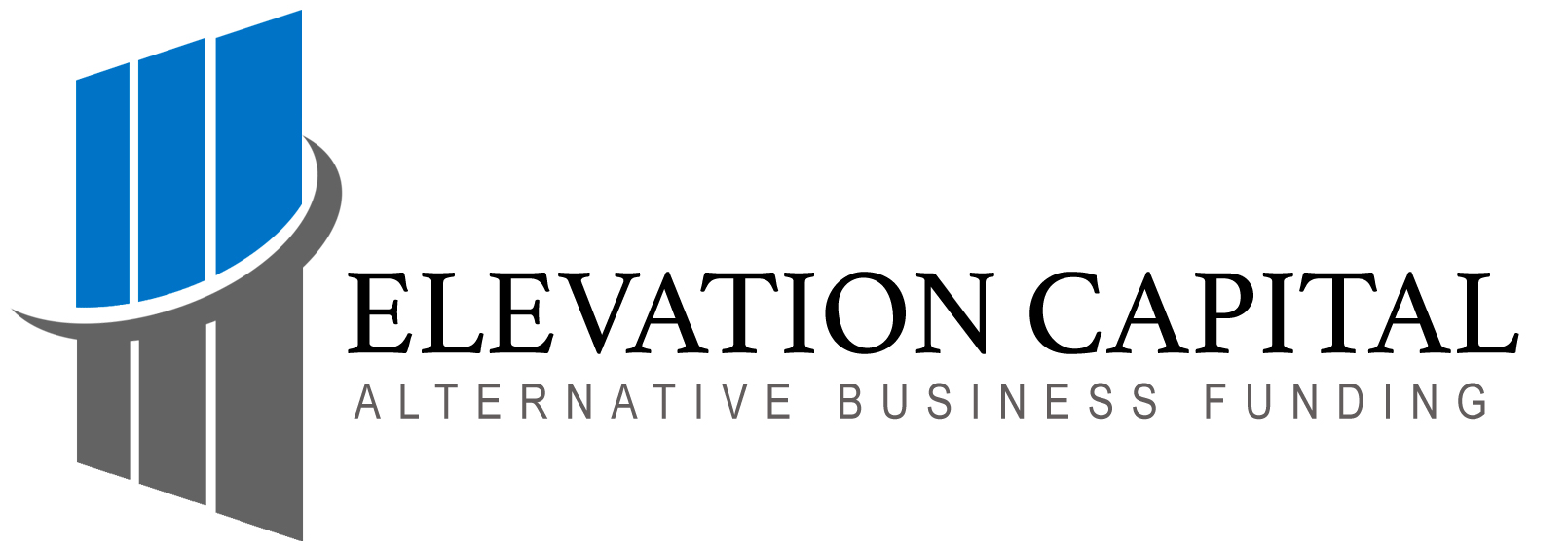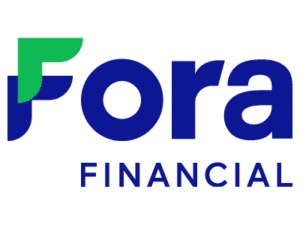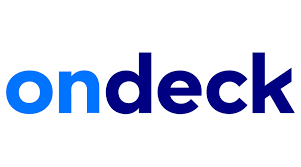Business owners can take out small business loans — generally between $5,000 and $500,000 or more — to finance expenses like payroll financing, inventory, equipment and other costs. Repayment terms could be as short as three months or as long as 25 years. Both traditional financial institutions and alternative online lenders offer small business loans.
Small Business Loans 2023: Compare Top Options
Find the right funding for your business.
What is a small business loan?
Small business loans help entrepreneurs build, maintain or expand their companies. They can help to purchase inventory, buy new equipment or even cover unexpected expenses.
Getting business loans for your company doesn’t always require walking into a bank to secure the funds — there are also a variety of online small business lenders to consider, which may have easier qualifications and faster applications.
Types of business loans
Term loans
Business term loans provide a lump sum of cash upfront, paid with interest in fixed monthly or weekly installments. Short-term business loans have repayment terms of a few months to a year or more and are commonly available from online lenders. Long-term business loans, usually offered by traditional brick-and-mortar banks, can last as long as 10 years.
Line of credit
Similar to a credit card, a business line of credit is a revolving form of funding that requires you to pay interest only on the amount you borrow. A flexible lending product, it can be useful for recurring expenses like rent or inventory purchases.
Equipment financing
Also known as equipment loans, equipment financing enables businesses to purchase heavy machinery, computers, vehicles or other necessary equipment to operate the business. The equipment acts as collateral for the loan.
Commercial real estate loans
Commercial real estate loans allow businesses to purchase, build or renovate property for business uses. They function similar to a home mortgage, but a commercial real estate loan may require a higher down payment upfront.
SBA loans
SBA loans are guaranteed by the U.S. Small Business Administration (SBA), offering long repayment terms with comparatively low interest rates. The 7(a) loan offers up to $5 million for a wide range of business purposes, but the 504/CDC loan is more commonly used for purchasing fixed assets, like equipment or real estate. You’ll apply with a bank or online lender, not directly through the SBA.
Microloans
Microloans are loans for $50,000 or less. The SBA makes microloans, as do several nonprofit or community organizations. Microloans are often geared towards startups or underrepresented business owners, such as women or people of color.
Working capital loans
Working capital loan is an umbrella term for financing used to cover short-term operating expenses, like payroll or covering cash flow gaps. Working capital loans can come in a variety of flavors, like lines of credit, term loans and cash advances.
Invoice factoring
Invoice factoring is a type of financing that allows a business to unlock cash from unpaid invoices. The business sells the invoices to a factoring company in exchange for a cash advance. This may be a good option for businesses with poor or limited credit, but it can be expensive – you’ll only get 60% to 90% of your invoice value, depending on your industry.
Additional business funding options
Merchant cash advance
A merchant cash advance also gives you a lump sum of cash upfront, but the advance is against your future sales. Because of this, the merchant cash advance is repaid through a preset percentage of daily or weekly credit card sales. This type of funding can deliver cash fast, but it can be a very expensive method of borrowing.
Credit cards
You probably have one or more personal credit cards, but business credit cards can help track business expenses, unlock travel or cash-back rewards or just help monitor employee spending. To avoid paying a high annual percentage rate, make sure to pay off your statement balance in full by the due date.
Small business grants
The federal government, state governments and private corporations and foundations offer grants for small businesses. Because grants are free money that usually doesn’t need to be repaid, competition can be quite stiff. There are also minority business grants and women-owned business grants.
Crowdfunding
Business crowdfunding allows you to ask family or friends for donations to help kickstart your business. This method helps you test out a business idea and may appeal most to startups or other businesses struggling to get funding — but be aware that crowdfunding platforms may charge a fee.
Personal loans
Personal loans may be easier to obtain if you’re struggling with the eligibility criteria for a business loan. But, because this relies on your personal credit and income, your personal assets are at risk and it won’t help you build business credit.
Bootstrapping
Bootstrap financing is when you use your own financial resources to fund your business. Startup businesses may use bootstrapping to get off the ground, but the risk is that you may not recoup your investment if your business struggles.
When you’re applying for a business loan, lenders want to know that your business and credit history are relatively stable. Common business loan requirements they’ll consider include your credit profile, time in business, capacity to take on debt and any collateral you may have.
-
TIME IN BUSINESS
In general, a business that’s been around for a couple of years is more stable than a startup. This is key for lenders, as a business that has a proven track record of revenue over the past two years is a more attractive borrower than a company with spotty revenue over the past six months.
-
CREDIT SCORE
Your business credit score is a data point lenders use to determine your reliability as a borrower. In most cases, you’ll need a credit score in the 600s to qualify for financing, although certain lenders and loan types may allow scores as low as 500.
-
CASH FLOW
A business cash-flow projection shows when money is collected, when cash goes out and what’s left. Lenders typically like to see that the borrower has a thorough understanding of the financial operating cycle of the business.
-
COLLATERAL
Collateral is an asset that lenders can legally seize if you can’t make payments, including company buildings, equipment and accounts receivable. Some business owners choose to use their personal assets — including their homes — as collateral on a business loan.
-
DEBT-TO-EQUITY RATIO
Your company’s debt-to-equity (D/E) ratio measures the proportion of your company’s debt divided by shareholders’ equity. This metric helps a lender understand how likely you are to cover new debt based on the debt you’re already paying. While high D/E’s are common in some industries, your goal should be to keep your business’s D/E ratio as low as possible.
-
WORKING CAPITAL
Your working capital refers to the available money you have to fund your company’s day-to-day operations. You can calculate your working capital by subtracting the business’s debt liabilities due within a year from current assets that you can convert to cash.
Small business loan application checklist
Once you’ve determined that your business can handle taking on debt, the process of applying for a small business loan involves rounding up the necessary documents for your loan application. The exact paperwork differs across business funding partners, but will most likely include the following documents:
- 2+ years of personal and business tax returns
- Recent profit-and-loss statement
- Past bank statements
- Recent balance sheet
- Legal filings related to ownership
- Information on existing debts
- Business license (if applicable)
- Business plan
Close your loan
We chose small business loans from online lenders that could cover small, medium or large expenses. Small business lenders that appear on this list meet the following criteria:
- Maximum amounts no less than $150,000
- Funding available within two weeks of approval
- No more than two years in business required
- Personal credit score requirements below 680
- Transparent rates and repayment terms
Frequently asked questions
Several types of business loans are available for small business owners, including term loans and business lines of credit for general business expenses. Financing is also available for specific purchases like equipment and commercial real estate. In addition, invoice factoring and accounts receivable financing are available for businesses that collect a high volume of invoices.
Yes, bad credit business loans are available for business owners with personal credit scores as low as 500. However, lenders may assign high interest rates to low-credit borrowers.
A personal guarantee is a common feature of small business loans, which requires the business owner to be personally responsible for their company’s debt in case of default. A personal guarantee lowers the risk for a lender, but for the business owner, it may limit any protections your business structure offers.
Online lenders may be the best option for a startup business loan. They typically require only a few months in business, as opposed to brick-and-mortar banks that often have stricter eligibility requirements. Other options for startup capital include crowdsourcing, self-funding or grant funding.
It depends. Each lender will have its own criteria, sometimes varying based upon the loan type. The lowest business loan interest rates are often reserved for applicants with higher credit scores, however. If this doesn’t fit your business, online lenders may be more lenient with credit score requirements.
If your application for a business loan is denied, revisit the reason why. Focus on improving your business credit if your credit score was too low; if you haven’t operated in business long enough, simply wait until you’re eligible. In the meantime, consider a small business credit card to get access to the capital you need.
Most lenders look for minimum monthly or annual revenue requirements as part of the application eligibility process. While many traditional banks do not publish their minimum revenue requirements to qualify, online lenders tend to be more transparent. It’s not uncommon to expect a minimum annual revenue requirement of $100,000 for unsecured loans, but you may be able to have lower annual revenue if you provide collateral to secure your business loan.














